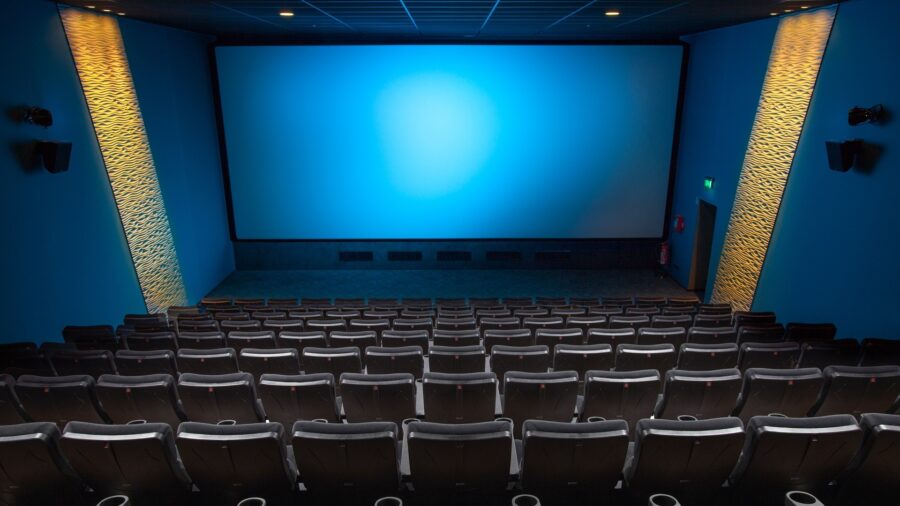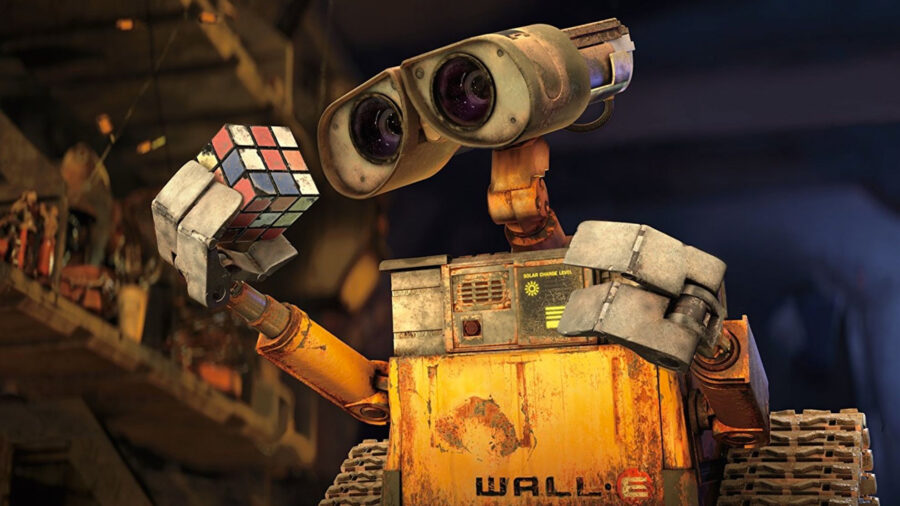Writers Guild Wants AI Writing Movies As Long As Humans Get All The Credit?
The Writers Guild of America has proposed allowing artificial intelligence to write scripts, but all residuals will go to the writer, not the company that developed the AI.

With the possibility of artificial intelligence dominating the creative space, the Writers Guild of America is hard at work trying to prevent writers from being undermined by software companies, according to a recent Variety article. The end goal in mind is to protect writers from sharing residuals with software manufacturers, stating that apps should be treated more like a tool rather than as a writer on the payroll. Though this is new territory to be further explored, the Writer’s Guild of America stresses the importance of preserving the writer’s working standards.
The primary concern that the Writer’s Guild of America is facing is the looming fear that writers have over losing their jobs to apps like ChatGPT when it comes to producing written work. The proposal will allow studios to use artificial intelligence to generate original scripts, but the individual writer who polishes or re-writes the script will be considered the first credited writer on the finished product. In other words, human writers will be prioritized in this proposal to the Alliance of Motion Picture and Television Producers.
The important language to consider in this proposal is the difference between “literary material” and “source material.” The former is the basis on which a writing credit would yield a residual for full authorship, such as an original story or screenplay, while the latter would be based on an adaptation from an already existing work, like a novel or a play, which would yield a 75 percent residual for the screenplay adaptation. The proposal set forth by the Writers Guild of America is in line with the current definitions of these terms and wants to keep AI Software from interfering with a writer’s residuals.

Following this logic, if an AI-written story is based on a particular source material, such as a novel turned into a screenplay, then the writer who polishes up this script would receive the 75 percent residual. This is because the remainder of the residual would be distributed to the original author of the source material, which is something the Writer’s Guild of America is proposing that artificial intelligence is incapable of generating itself. Conversely, if an original story is produced by artificial intelligence, and a writer adapts this story into a screenplay, then the writer will get the full “written by” credit.
The Writers Guild of America is currently in the bargaining phases, as their current contract expires on May 1, 2023. In the meantime, they will spend the next two weeks navigating through these troubled waters before consulting guild members to determine their next steps. A crucial part of this bargaining process is agreeing on the definition of “literary material” and “source material” and what consideration these terms would have in regard to protecting writers from losing their share of writing credits or residuals to artificial intelligence, which could result in a strike if negotiations don’t go as planned.
At this point in time, the use of artificial intelligence has created a nebulous interpretation of what creativity means, and how works are distributed. Considering how Amazon is already selling novels that are completely generated by artificial intelligence, the question of authorship comes to question. Fortunately for scriptwriters, it seems the Writers Guild of America is stepping up to the plate for their cohorts to ensure they get their fair share.












